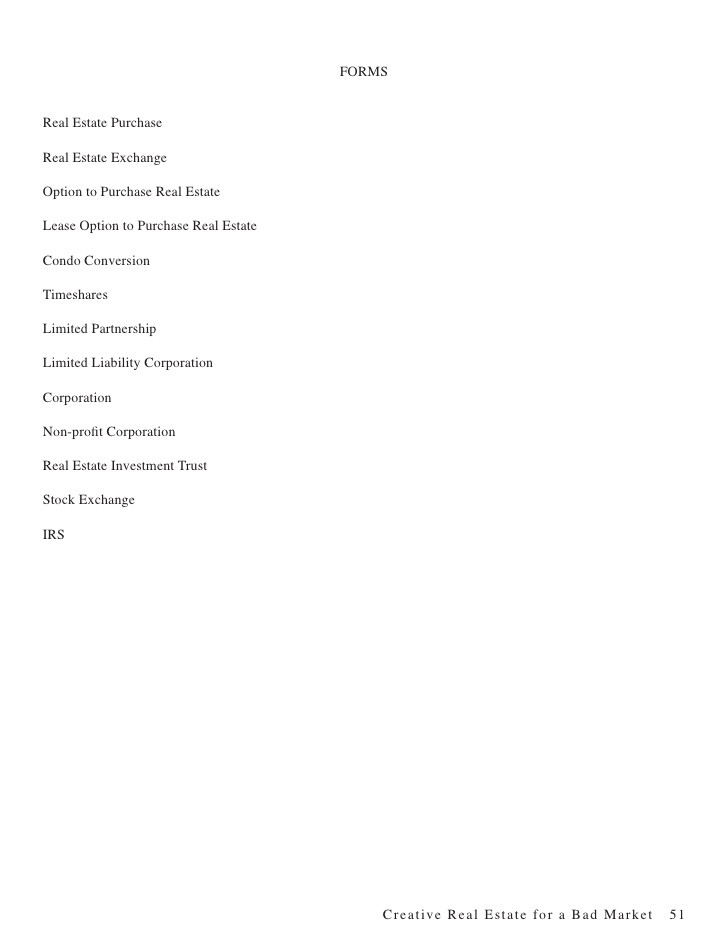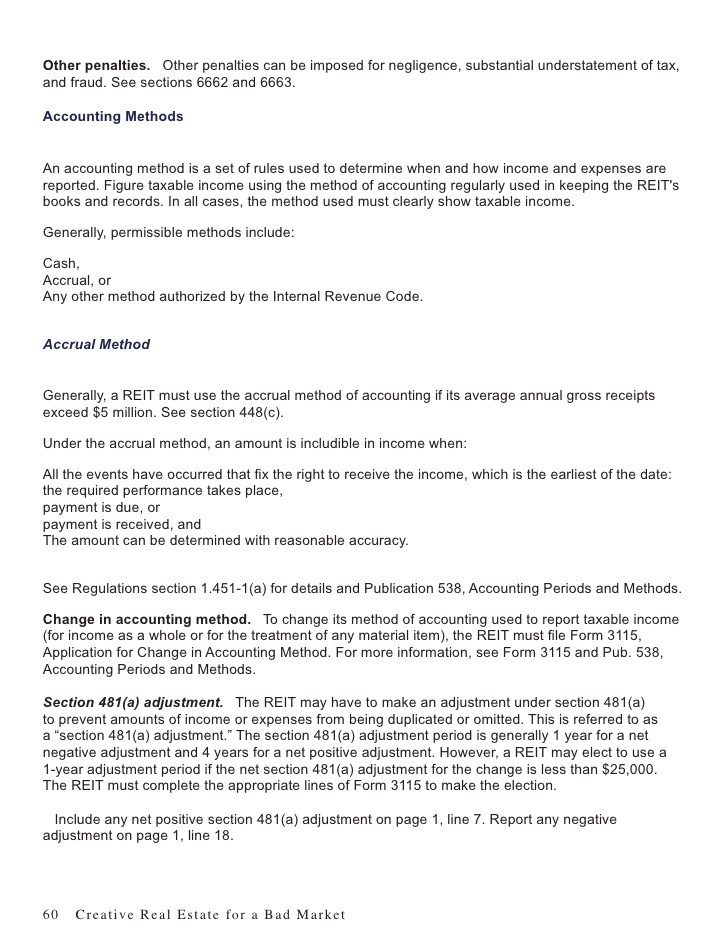REIT Lawyer Real Estate Investment Trusts Investment Loss Attorney Houston REIT Investment Loss
Post on: 22 Май, 2015 No Comment

Real Estate Investment Trusts (REITs)
A real estate investment trust or REIT is a tax designation for a corporate entity investing in real estate which reduces or eliminates corporate income taxes. The REITs, in return, are required to distribute 90% of their income, some of which may be taxable, into the hands of the investors. The structure of the REIT is designed to provide a similar vehicle for investment in real estate as mutual funds provide for investing in stocks.
REITs can be publicly or privately held, just like corporations, and they can be listed and traded on the public stock exchanges like shares of common stock. Investors can choose to invest in REITs on the open exchange or invest in a mutual fund that specializes in public real estate. This allows investors to become exposed to real estate without having to involve themselves in private investment outfits or direct ownership. Typically, real estate investment trusts own offices, apartments, and other kinds of commercial real estate, including warehouses, shopping malls, and hotels. REITs can be classified as equity, mortgage or hybrid:
- Equity REITs are in charge of the value/equity of their real estate assets. They invest in/own properties.
- Mortgage REITs buy mortgage-backed securities or existing mortgages or lend money to real estate owners for their mortgages. These types of REITs are involved in investing and owning property mortgages, and revenues mainly come from interests earned on mortgage loans.
- Hybrid REITs invest in mortgages and properties while using the investment strategies of both equity REITs and mortgage REITs.
The growth of REITs outside the U.S. has grown exponentially but in addition to the normal risks coming with any type of real estate investment, there are the added possibilities of decreased liquidity, political uncertainty, economic uncertainties and currency market fluctuations that have to be considered.

FINRA INVESTIGATES MARKETING OF NON-TRADED REITs
The Financial Industry Regulatory Authority (FINRA) has stepped up its investigation into the way these non-traded REITs are being marketed and recommended to customers. Unfortunately for many investors, they were not advised of the underlying financial condition of the REITs or the risks of illiquidity, in addition to a litany of other disclosures such as huge broker fees, commissions, dividend cuts and suspended buyback programs. The question is whether the investment was ever suitable for them. Typically, investors were sold non-traded REIT with the promise of steady dividend income and stock prices that would not fluctuate wildly with the market. Generally, the sales pitch was that the REIT was a safe, low risk investment. REITs are specialized entities that own or manage income producing real estate. Now these investors are coming forward and filing claims that they were misled by their financial advisor and the brokerage firm recommending these products.
Some of the predominant players involved in these filings are the Inland Western Retail Real Estate Trust, Inc. Behringer Harvard REIT 1, Cole Credit Property Trust II, Inc. and Wells Real Estate Investment Trust II, Inc.
NON-TRADED REITS
Non-listed or non-traded real estate investment trusts (REITS) are big business. According to research by Blue Vault Partners, LLC, they are on track to raise $7 billion in 2010, a 17% increase over 2009. This is a bonanza for brokers and firms that push non-traded REITS because of the excessive fees of up to 15% in addition to continuing management fees. Unfortunately, this can be a financial disaster for investors who have been misled about the risks involved, including the suspension of dividends and illiquidity. The uniqueness of non-listed or non-traded REITS is that they are public but the shares do not trade on any of the stock exchanges. To further complicate matters for unsuspecting investors, these non-traded REITS often come with little or no independent analysis of performance and only vague references in the prospectus regarding exit strategies.
The Inland Group out of Oak Brook, IL is the largest sponsor of non-traded REITS in the United States. Inland Western Real Estate Investment Trust and its sister, Inland American Real Estate Investment Trust have faced cash flow issues dating back to 2009. In March 2009, Inland Western slashed its dividend by 70% and had defaulted on mortgage loans totaling $54.9 million by May 2009. Inland American mirrored the financial problems facing Inland Western. Recently, on September 21, 2010, Inland American reset the value of its common shares from $10 in 2005 to $8.03. In that 8-K filing with the Securities and Exchange Commission (SEC), Inland said that it gives no assurance that a stockholder would be able to resell his or her shares at the new estimated value. The Financial Industry Regulatory Authority (FINRA) initiated an inquiry in March 2009 related to non-traded REITS requiring firms to disclose information about who they were selling the products to and what marketing materials had been used.
In addition to Inland Western and Inland American, there have been many other non-traded REITS that have resulted in massive losses to investors. Among them is the Behringer Harvard REIT 1, which reset its value to $4.25 in the summer of 2010. Others that have reset the value of its shares or limited and suspended redemption of shares include KBS REIT, Grubb & Ellis Apartment REIT, Wells REIT II, Wells Timberland REIT, Cole Credit Property Trust II and Hines Real Estate Trust. Investors who thought they were making safe and conservative investments are now faced with holding nothing but worthless shares.
FREE Case Evaluation
Our firm has a team of REIT attorneys, consultants and others with more than 100 years of combined experience in the securities industry and securities law. Since 1990, we have represented thousands of investors nationwide to recover their investment losses. We have represented clients in federal and state courts and in arbitration through the Financial Industry Regulatory Authority (FINRA), New York Stock Exchange (NYSE), National Association of Securities Dealers (NASD), American Arbitration Association (AAA) and in private arbitration actions. If you have suffered losses due to investments in REITs, please contact our securities law firm for a no obligation, confidential consultation at 1-800-259-9010.














